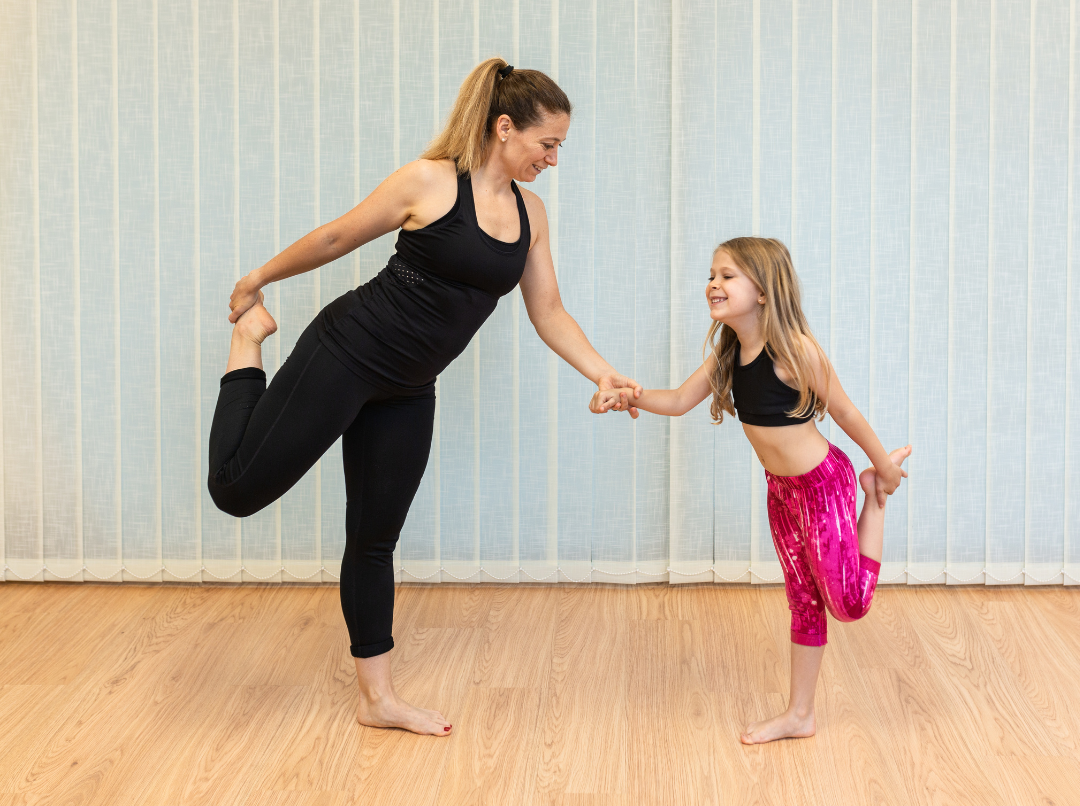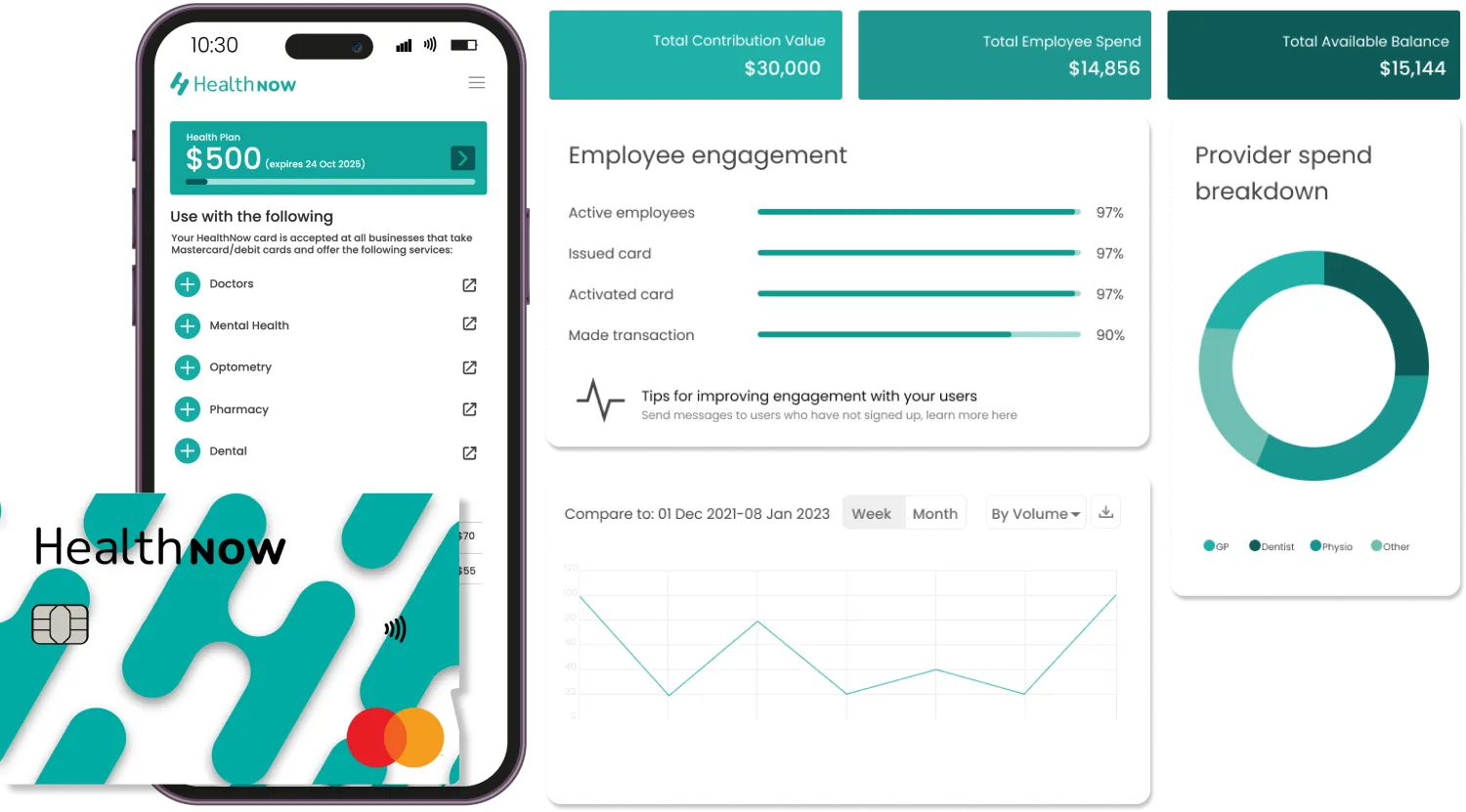Maintaining our balance, strength and flexibility as we age has numerous health benefits – not only in helping us stay active and independent, but also in helping prevent a very serious global problem: the dangers and repercussions of having a fall.
Falls are the single biggest cause of injuries for New Zealanders across all age groups – not just for older adults. When sustained over the age of 55 years, there’s a much higher risk that they can lead to hospitalisations, significant physical impairments, and limit a person’s ability to stay mobile, independent, and do the things they love.
With falls being preventable in most cases, this is a matter that a range of professions including physiotherapists, exercise physiologists, occupational therapists and podiatrists take very seriously. Podiatrists work extensively to help kiwis with their strength, mobility and balance – as well as removing hazards from their home, so they can help prevent falls and support their clients in remaining mobile, independent, and living the way they want.
Last year, a group of researchers published a study that greatly supported the use of strength, mobility and balance training – and not just for falls prevention, but as a predictor of lifespan based on balance and strength. Here’s a look into what the study found, what it means for you, and how maintaining your balance and fitness with the help of health professionals (even without the upfront cost!) may help you live a longer, healthier life.
The Importance Of Balance
Over the course of twelve years between the years 2008 and 2020, 1700 adults aged between 51-75 years took part in an international study. It started with a standard physical exam, which included a basic one-legged balance test.
Specifically, they were asked to stand barefoot on a foot of their choice, on top of a flat platform with their hands by their sides while looking forwards. Each participant could try this three times, with the goal being to successfully stand on one foot for at least 10 seconds. It sounds simple enough – but the meaning of the results were surprisingly powerful.
The results of this part of the assessment showed that:
- 95% of those aged between 51-55 years could complete the balance test and stay on one foot for at least 10 seconds
- 82% of those aged 61 to 65 years successfully completed the test
- 46% of those aged between 71-75 years could successfully complete the test
After the exam, researchers followed test participants over a median length of seven years, with all participants staying in the study. On reviewing the data, they learnt that those aged between 51-75 years who failed the balance test (even after adjusting for age and health variables) had an 84% higher risk of passing away over the study follow-up time frame compared to their peers who passed the test. Simply put, this means that in this case, balance was a significant predictor of death and survival.
While the results did not measure how many of the participants sustained a fall in this time, the falls risk was suggested by the researchers as a way to help explain the results, with over 785,000 falls-related claims being made to ACC annually and 40% of injury-related deaths involving falls.
So Could Working On Our Strength & Balance Help Us Live Longer?
While the results of this specific study greatly support the importance of exercise for those aged over 50 years, previous studies have also supported this notion, finding that:
- Handgrip strength, as a representative measurement of overall muscular strength, is another predictor of lifespan in older adults, with those with good hand-grip strength living longer and having a lower risk of early death,
- Poor balance and mobility are significant predictors of death in the span of 8 years following poor balance and mobility assessment findings, in women aged 75 years and older
- Balance problems have also been found to be indicative of other health problems including strokes, ear infections and multiple sclerosis, which can also be predictive of our health and longevity
Getting Started With Exercise The Right Way
This research is an important reminder of the importance of exercise and strength to our lives, and builds on the large body of evidence of the importance of exercise, not just for our physical health, but for our mental and emotional well-being, too.
The good news is that it’s never too late to start exercising and incorporate strength and balance training into your life – regardless of your age. Unfortunately, for many kiwis, the cost of seeing one or several health professionals to help them begin or resume their strength or fitness journey is unattainable, especially with our fast-growing interest rates at the start of 2023. This is where HealthNow comes in as a free and valuable app on your smartphone to make engaging health professionals an affordable reality.
HealthNow Spreads The Cost
With HealthNow, you can spread the cost of your appointments and any associated products purchased from the clinic over up to twelve weeks. This means you only pay a fraction of the total cost on the day you see your health practitioner, while being able to start your journey to feeling stronger and more steady on your feet instantly. The service is completely free for health consumers with no fees or interest. Your health providers get paid in full on the day of your appointment, while you pay your bill off over the number of weeks you select at the time of purchase.
HealthNow also has a specifically-designed health wallet to put away money safely to cover the costs of any medical or health-related appointments, services and products, meaning that you can start putting money away now to help take the pressure off the expenses. You choose the amount and frequency that you’d like to contribute, and others can also contribute to your health wallet, from family members who want to help you look after your health, to employers as part of employee wellness programs or as a much-desired alternative to restrictive private health insurance. Once the money is in your wallet, it’s yours in full to spend any time, on any health-related cost with HealthNow, and can be used for yourself or any other family member or loved one.
Get Started With HealthNow Today
Getting started with HealthNow is free and easy. Download the app and follow the instructions to set up your account. You can also check out HealthNow’s full benefits and features through the website, and see how it can help ease some of the financial stress off your strength journey.







